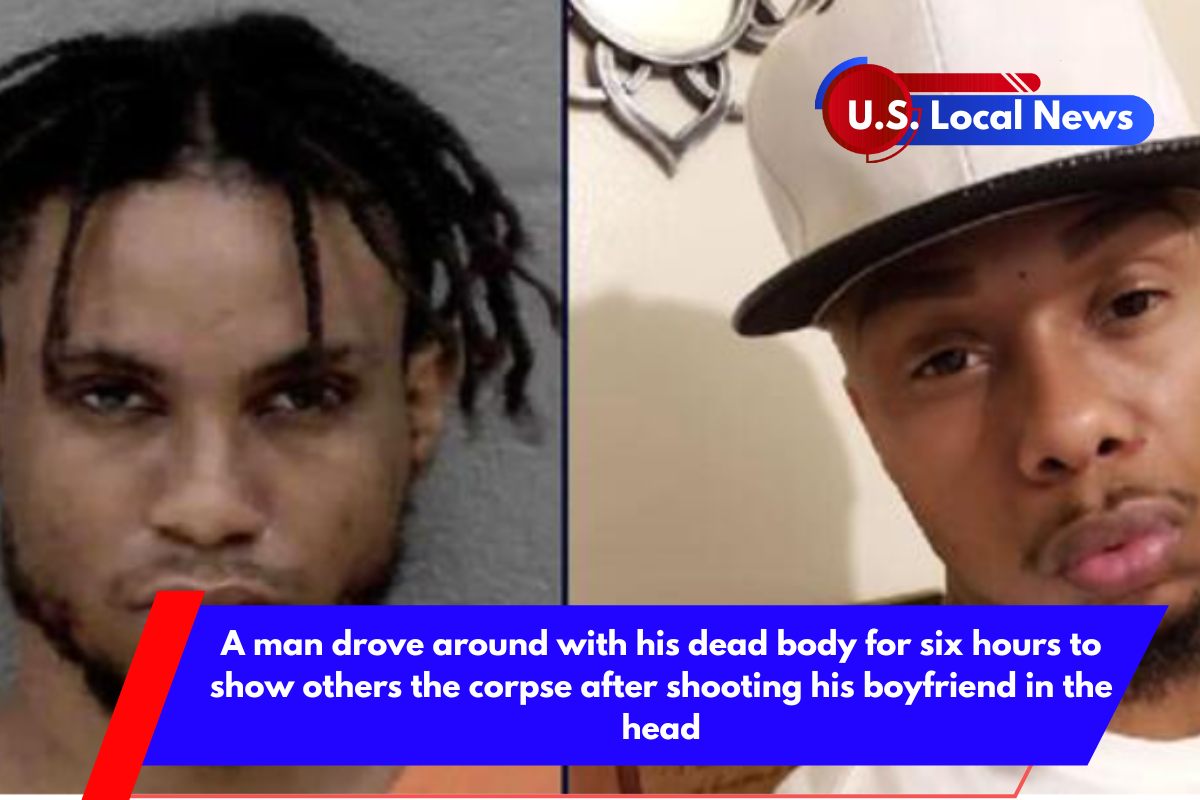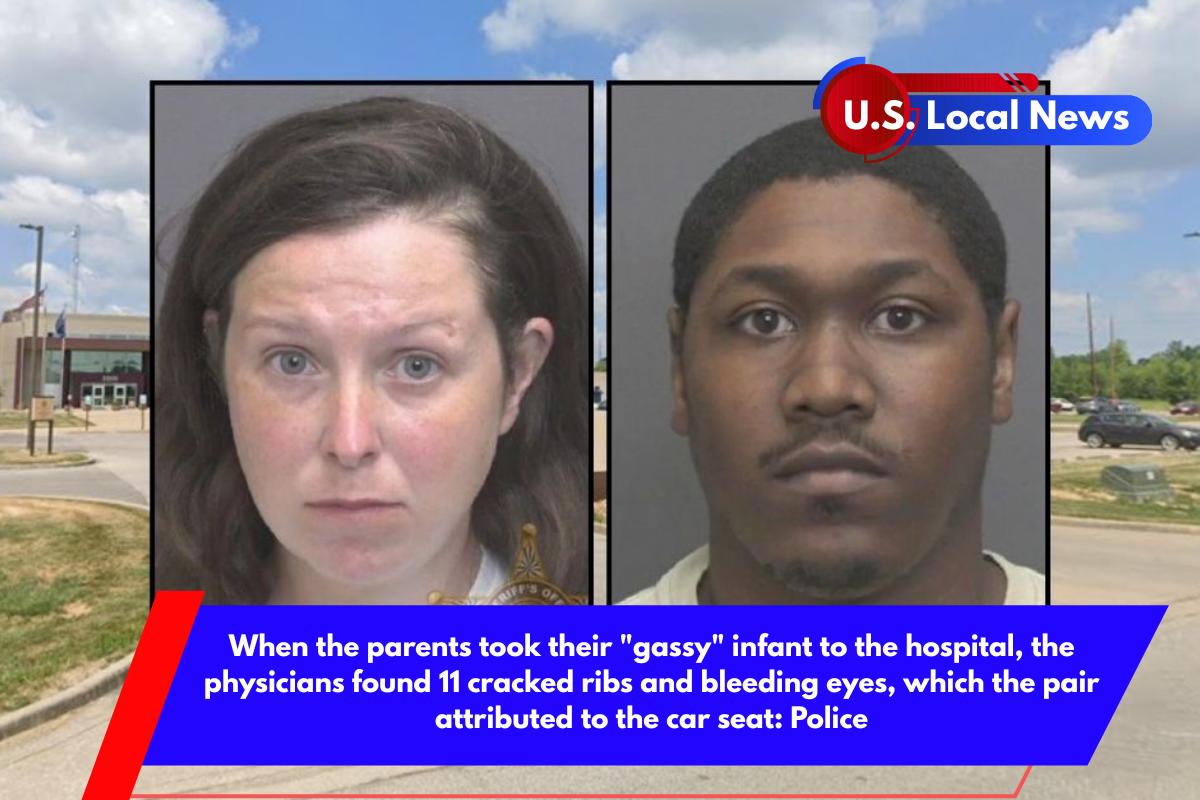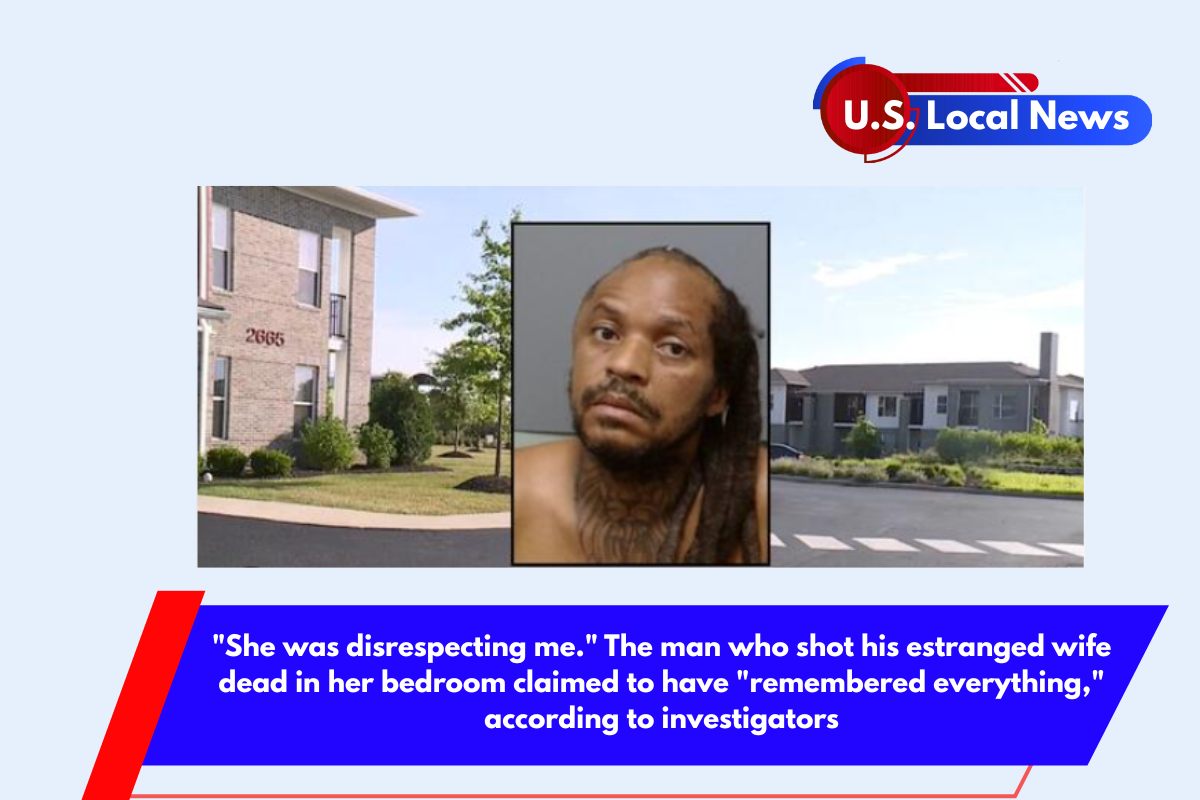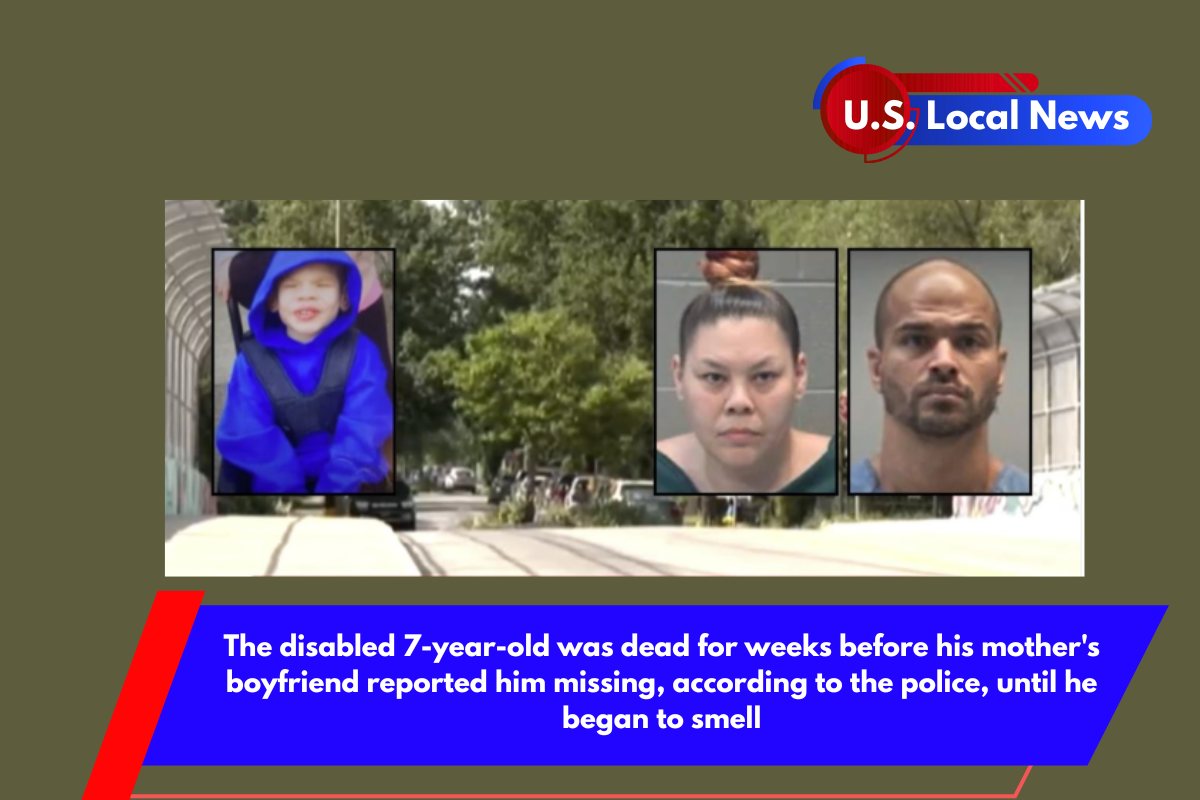A North Carolina man will most likely spend the rest of his life in prison for shooting and killing his boyfriend several years ago and then driving around with his dead body for hours after the incident.
On Thursday, a Gaston County jury convicted Tahj Matthias Ji’Reh Wall, 27, of one count of first-degree murder. Jurors then sentenced the killer to life in prison. In North Carolina, life sentences are imposed with no possibility of parole.
The underlying incident happened on May 27, 2021.
On the day in question, Wall shot Melvin Hopper, 40, in the back of the head during an argument in Gastonia, a medium-sized city located approximately 40 miles east of Charlotte. However, the victim did not die instantly.
So Wall shot Hopper in the head again.
Jurors were made aware of the gruesome details.
“Tahj Wall executed Melvin Hopper,” prosecutor Kristen Northup stated during closing arguments on Wednesday, according to a courtroom report from Charlotte-based ABC and Telemundo affiliate WSOC. “Melvin Hopper was still alive after the first shot was fired.”
The defendant then placed the victim in the passenger seat of his car for over six hours and drove, drove, and drove – on a journey that eventually ended in Charlotte. During the macabre outing, Wall exposed the body to at least two people.
According to an earlier WSOC report, one of those people, Wall’s high school friend, served as the state’s first witness during the trial.
“I really just want to get out of the car,” the witness explained. “Say whatever I need to say to get out.”
The witness stated that she was walking in Steele Creek, a neighborhood located primarily in Charlotte’s far southwestern city limits, when Wall approached her and offered her a ride. She accepted the offer but regretted it when their conversation turned to Wall’s romantic life.
The woman testified that the killer told her he had just ended a bad relationship and explained how.
“I remember him saying, ‘Yes, I killed him,’ and he lifts the purple blanket up,” she told the inquest.
The prosecutor then questioned the witness briefly about the defendant’s attitude. This quick back-and-forth appeared to be intended to demonstrate that, despite the gruesome revelation, Wall did not appear upset, crying, panicked, or scared.
The defendant was arrested shortly after the woman was shown the body of a man she did not know; Charlotte-Mecklenburg Police discovered Hopper’s body on Barrands Lane around 12:18 p.m., and Wall was quickly identified as the suspect.
Working backwards, prosecutors had the first person to see the body testify about the defendant’s attitude that day.
Again, the witness stated that Wall did not appear scared.
“I felt fear,” the second witness stated. “I was scared. I could not believe my friend had actually done something like this.
But he did. During the trial, his defense attempted to justify his actions by citing Wall’s long history as a victim of domestic violence.
Wall’s defense attorney, James Exum, stated that his client had “festered in domestic violence.” He claimed the slain man regularly beat and threatened Wall. Such threats, the defense argued, persisted until the day Hopper died, alleging that the victim attempted to shoot Wall with a gun kept in his car and “feared for his life.”
“And when he reached for the gun, Tahj shot him,” Exum claimed.
The defense also attempted to explain the bizarre post-slaughter car ride by claiming the defendant was simply looking for assistance.
“I was going to turn myself in, but I needed to talk to momma first,” Exum explained, channeling his client.
In the end, the jury accepted the state’s version of events.
The victim’s obituary describes him fondly:
His biggest joy was his family and friends. In Melvin’s spare time, he helped with a dance team and was part of the Black Lives Matter Moments. He loved cooking, and dancing. Melvin was the life of the party and loved helping people.













